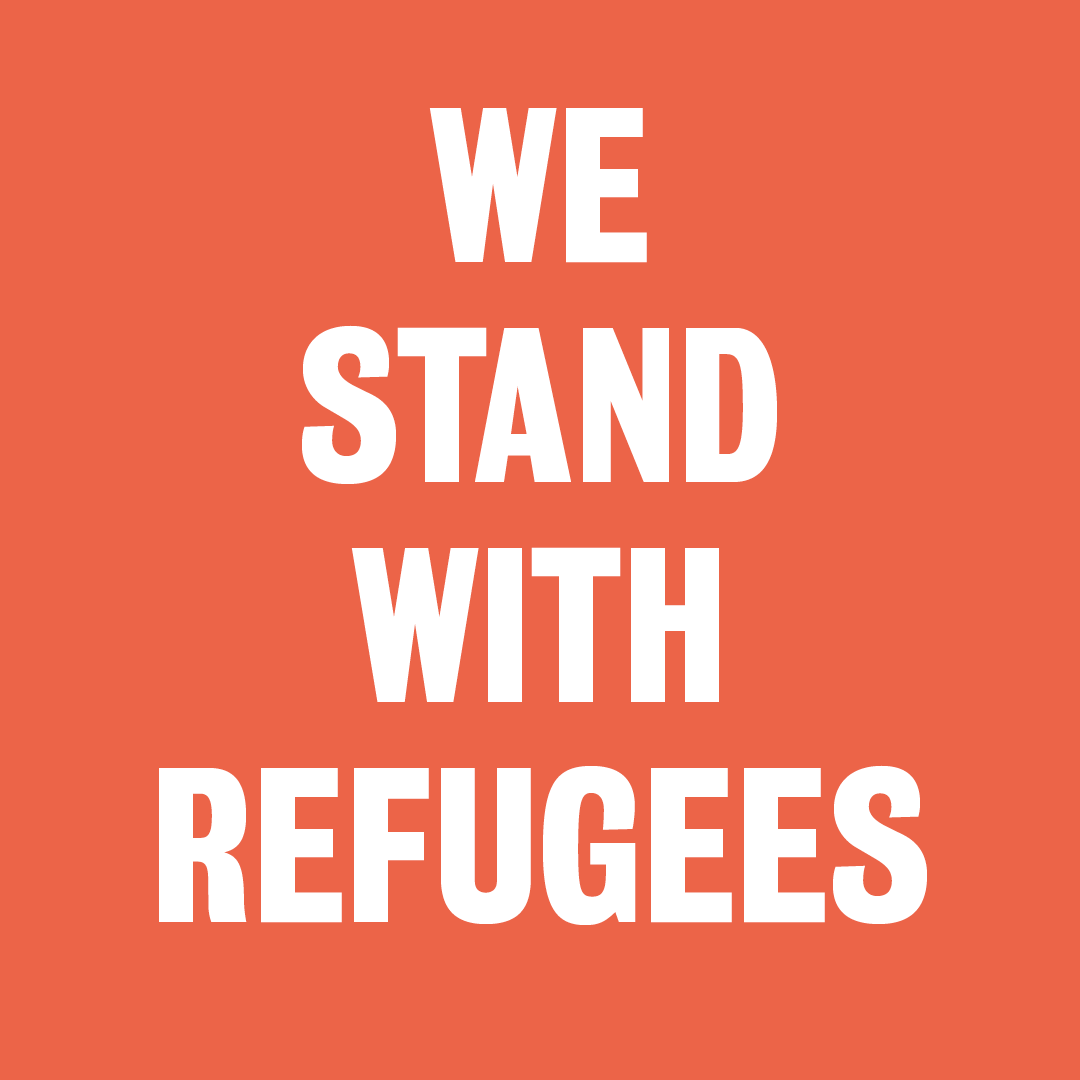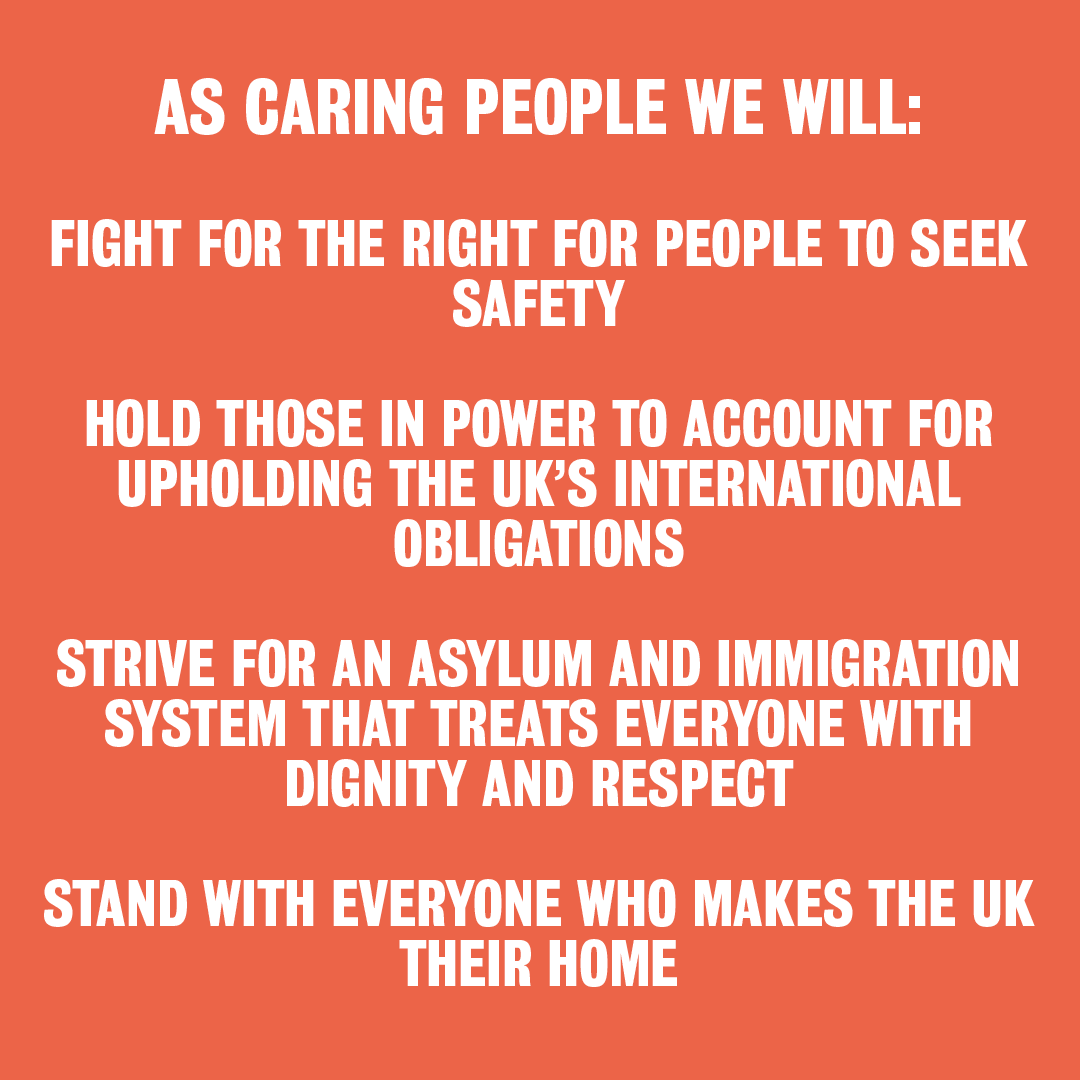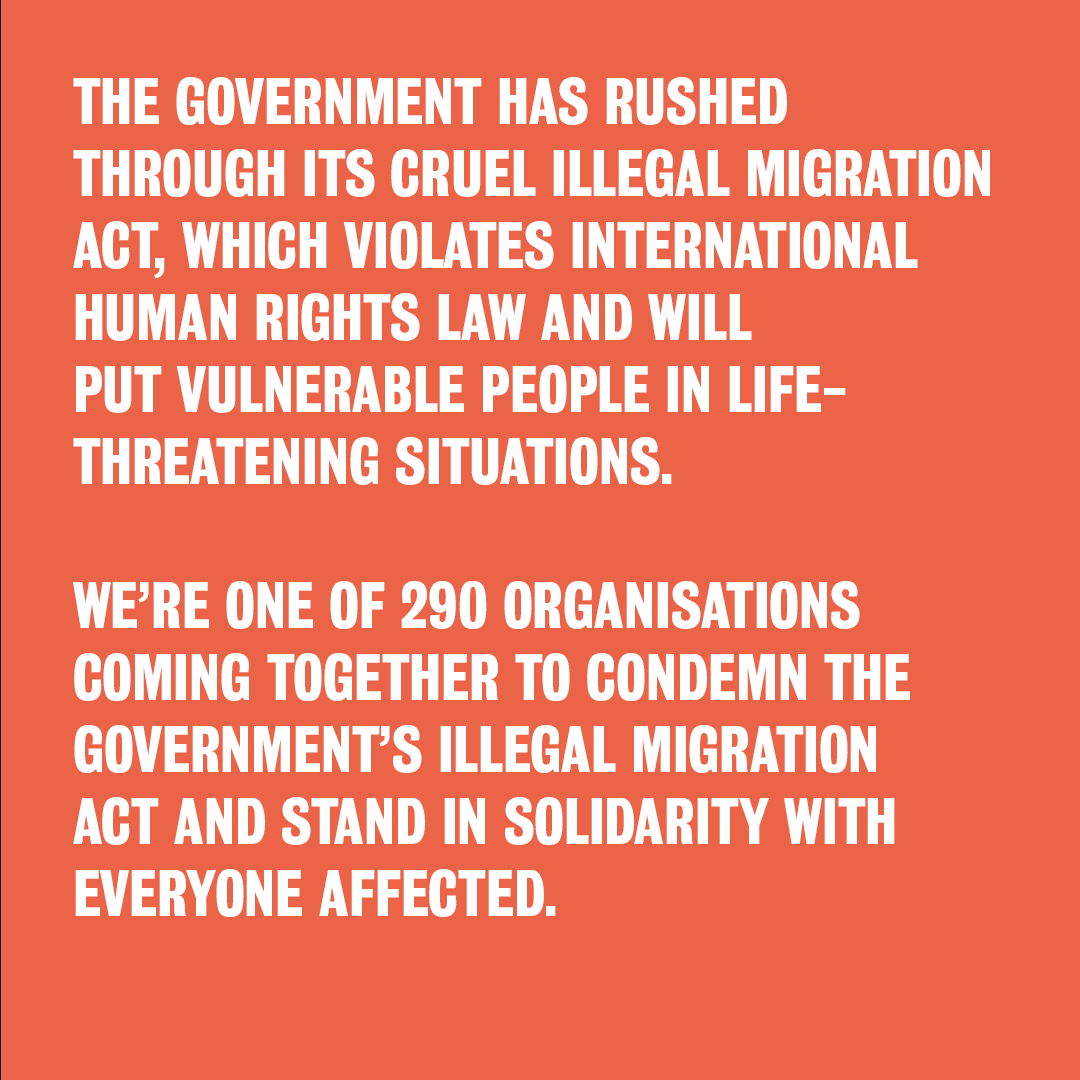Reflection from Revd Helen Cameron, Moderator of the Free Churches Group
As I write this newsletter a story is in the headlines, not for long I fear, of a fatality in the Mediterranean near the island of Lampedusa when a boat of 45 refugees sank. The boat contained women, men and children and only 4 people survived. Such stories are now commonplace and there is a real and present danger that we will soon stop seeing or stop hearing such stories. In contrast, the story of the loss of the submersible near the wreck of the Titanic, equally sad, filled the headlines for a very long time and with a greater intensity. It was not treated as a commonplace story in any way.
The death of any human being,, whether accidental, foreseen or expected is of significance and is noteworthy to those who loved them, who saw them as family, friends, or community, and peers. As Christian people we are comforted by the words of Jesus recorded in Matthew’s Gospel 10: 29-31 which promise that God attends to the smallest and the least, and notices us,
“Are not two sparrows sold for a penny? Yet not one of them will fall to the ground apart from your father. Even the hairs of your head are all counted”.
Equally comforting but very challenging are the words in the Letter to the Romans chapter 2:11,
“God shows no partiality” or ‘God has no favourites”.
We struggle, I think, as a nation or group of nations to show that same impartiality. Some refugees (such as those from Ukraine) have been welcomed with generosity and been able to access well established systems of support - and that is magnificent-but others have not. Our partiality towards those we treat with hostility and those who receive hospitality is clear for all to see. Some refugees are granted safe passage and others are left to making dangerous sea crossings at the hands of smuggling gangs.
According to the United Nations High Commissioner for Refugees (UNHCR), around 90% of the world’s refugees come from countries in or close to war and conflict, and almost 90% of all refugees live in countries neighbouring their country of origin. Wars make refugees. In the long term, the only solution to the unprecedented numbers of refugees in the world is the cessation of war and conflict, and a world without war. This is the clear lesson from the current Russia–Ukraine conflict.
In international law there is no “illegal” or “bogus” asylum seeker. Anyone has the right to apply for asylum in any country that has signed the 1951 UN Refugee Convention, and to remain there until authorities have assessed their claim. Plans to relocate asylum seekers to another country are hostile; they penalise already humiliated people, and also contravene international law. The criterion for determining refugee status is fleeing danger and seeking safety, not the means of travel or routes taken, not ethnicity, not the colour of skin, not nationality.
All refugees have to be treated equally.
If we hold to the promise of the Kingdom of God that God’s love is for all and that God has no favourites, how do we accept a situation where people’s human rights, and human dignity, are deemed to disappear at a border? Jesus’ followers are familiar with his story about the Good Samaritan (Luke 10:29-37), where a man despised for his faith offered compassion and care for a wounded man. The story illustrates how compassion is not restricted by borders and identity. Biblical witness carries a call for the protection and safety of people whose lives are in danger while their case is processed (Numbers 35). God called on Moses to set up cities of refuge to ensure this.
Emerging from this biblical wisdom is the root of the contemporary movement and network of City of Sanctuary, which has led to the development of the Church of Sanctuary work. See here.
The principle of sanctuary is built on protective safety, and it challenges hostility with hospitality and welcome in all human faith and practice. Hospitality is the established way of handling difference and transcending borders and barriers, and expressing respect for the worth of people, especially those considered to be least worthy and most excluded.
So how might we be involved in creating and developing cultures of welcome, hospitality and safety? Several members of the Free Churches Group are leading in work of this kind.
Church of Sanctuary is a faith-based initiative, a call to prophetic Christian witness. It is an expression of hospitality as a clear challenge to hostility. The aim is to take steps to build protective hospitality in ways that are mutually enriching. The hope is that churches will become places for all and proud to foster welcome, hospitality and safety to people fleeing violence and persecution. This would be a clear demonstration of Christian discipleship.
Sanctuary, or hospitality-with-safety, is a long-standing prophetic theme of Scripture. It is the most repeated ethical requirement in the Hebrew Scriptures. The foundational biblical principle is: love your neighbour as yourself (Leviticus 19:18) and love the stranger as yourself (Leviticus 19:34). This attitude is echoed in Jesus’ teaching about how we treat the neighbour and the outsider (Matthew 25:35-40; Luke 10:29-37). In ancient times sanctuary in churches used to assist those claiming to be innocent of a crime. More recently it has operated to protect immigrants or refugees facing deportation by the state. Now Sanctuary Churches who wish to greet new arrivals fleeing from danger to their lives may make a real difference for vulnerable people.
The Hebrew prophets consistently demanded justice for “the widow, the orphan and the stranger”. Today these groups may include vulnerable older people, children in danger, and “asylum seekers” and refugees. May we be a justice seeking Church!
If you want to know more contact here.













